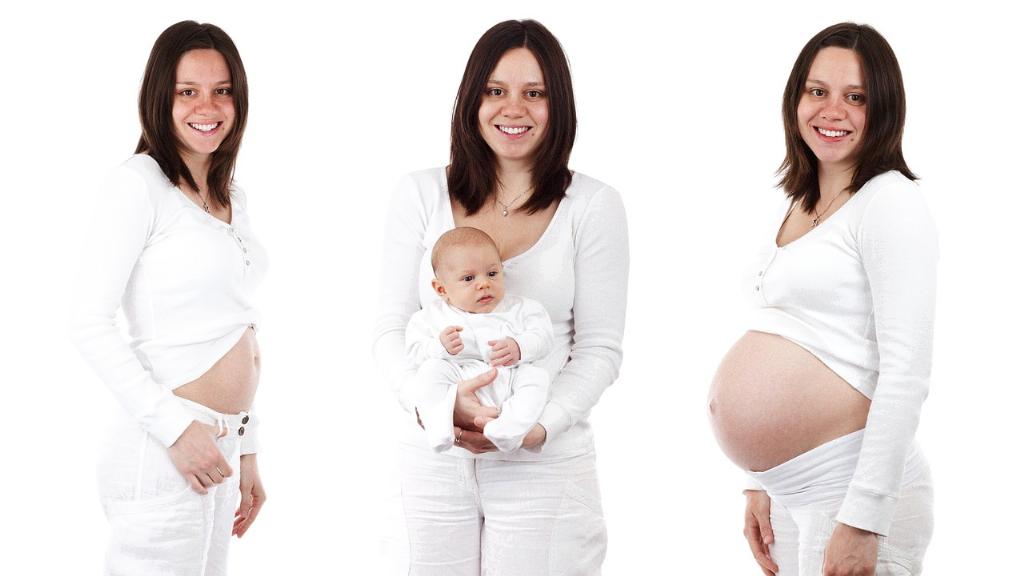Bad breath, also known as halitosis, is a common concern during pregnancy. Many expectant mothers may notice a change in their breath quality and wonder why this is happening. The link between pregnancy and bad breath can be attributed to a variety of factors, with hormonal changes playing a significant role.
Hormonal Influences on Oral Health
During pregnancy, the body experiences fluctuations in hormone levels, particularly estrogen and progesterone. These hormonal changes can impact various parts of the body, including the gums. Estrogen and progesterone modifications in pregnant women can lead to an increased susceptibility to gingivitis, an inflammatory condition affecting the gums.
Gingivitis and Bad Breath
Gingivitis is a common dental issue characterized by red, swollen gums that may bleed during brushing or flossing. When left untreated, gingivitis can progress to more severe forms of gum disease, leading to persistent bad breath as a result of bacterial buildup in the mouth.
Increased Saliva and Dry Mouth
Another contributing factor to bad breath in pregnancy is the hormonal changes that can affect saliva production. Some women may experience increased saliva flow, while others may have dry mouth, both of which can contribute to oral odor.
Dietary Changes and Morning Sickness
Pregnancy-related dietary changes and morning sickness can also play a role in causing bad breath. The consumption of certain foods, especially those high in sugars or acids, can contribute to oral odors. Additionally, vomiting or nausea associated with morning sickness can lead to an unpleasant taste and odor in the mouth.
Importance of Oral Hygiene During Pregnancy
Maintaining good oral hygiene practices during pregnancy is crucial for preventing and addressing bad breath. Regular brushing and flossing help remove food particles and bacteria that can cause odor. Visiting the dentist for routine cleanings and check-ups is also essential for monitoring and managing oral health changes.
Home Remedies for Bad Breath
For pregnant women experiencing bad breath, there are several home remedies that can help freshen breath naturally. Drinking plenty of water, chewing sugar-free gum, and consuming foods high in fiber can stimulate saliva production and reduce oral odor.
Consultation with Healthcare Provider
If bad breath persists or is accompanied by other oral symptoms, it is important to consult with a healthcare provider or dentist. They can provide guidance on managing oral health issues during pregnancy and recommend safe treatment options if needed.
Overall Oral Health Impact
While bad breath during pregnancy can be bothersome, it is typically a temporary issue that resolves after childbirth. By addressing the underlying causes and maintaining good oral hygiene habits, expectant mothers can effectively manage and reduce the presence of bad breath throughout their pregnancy.

